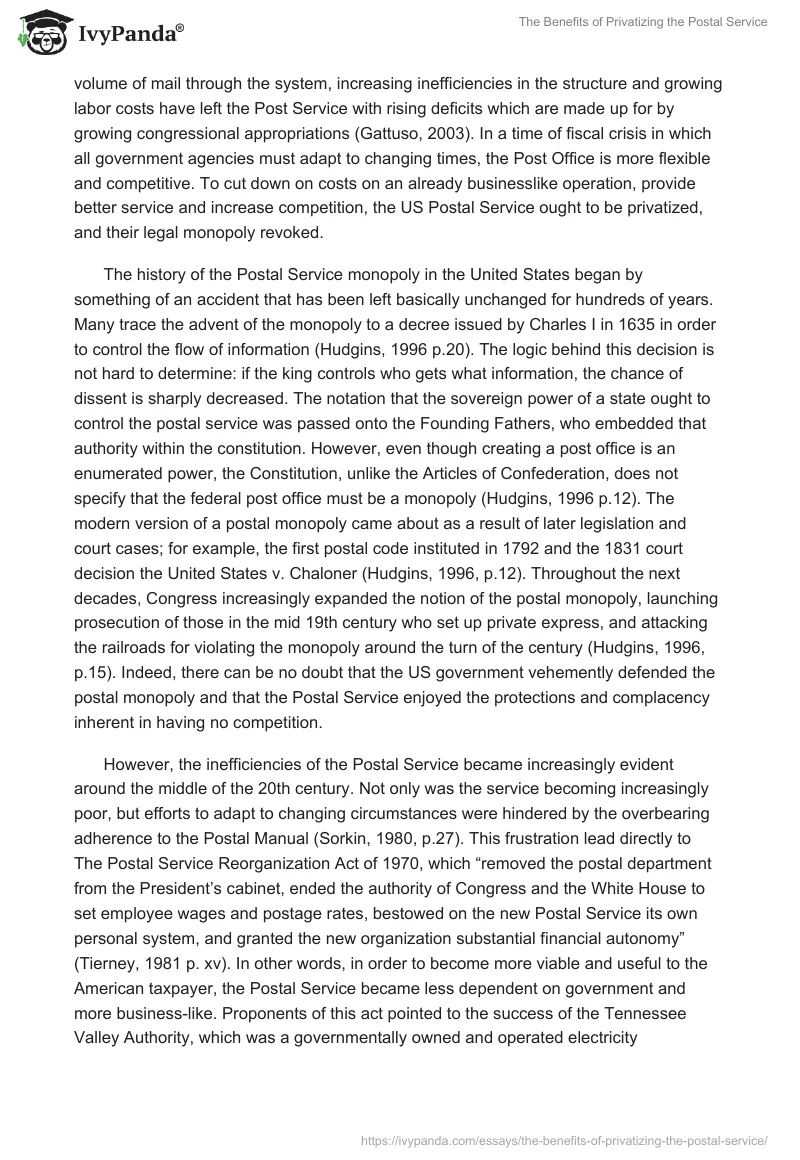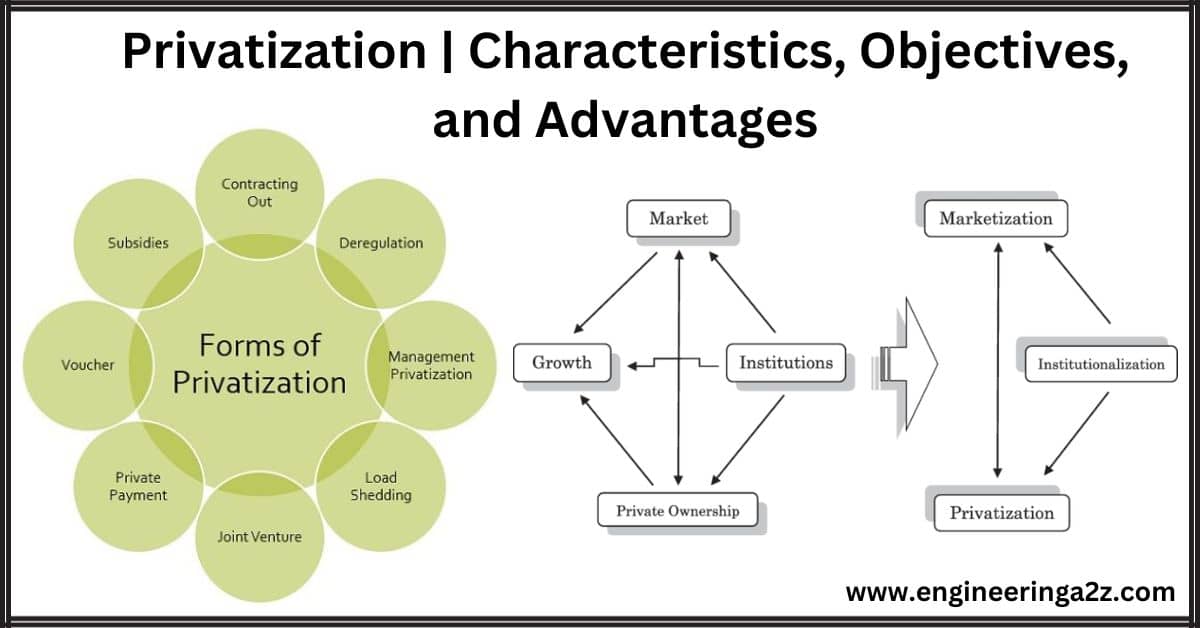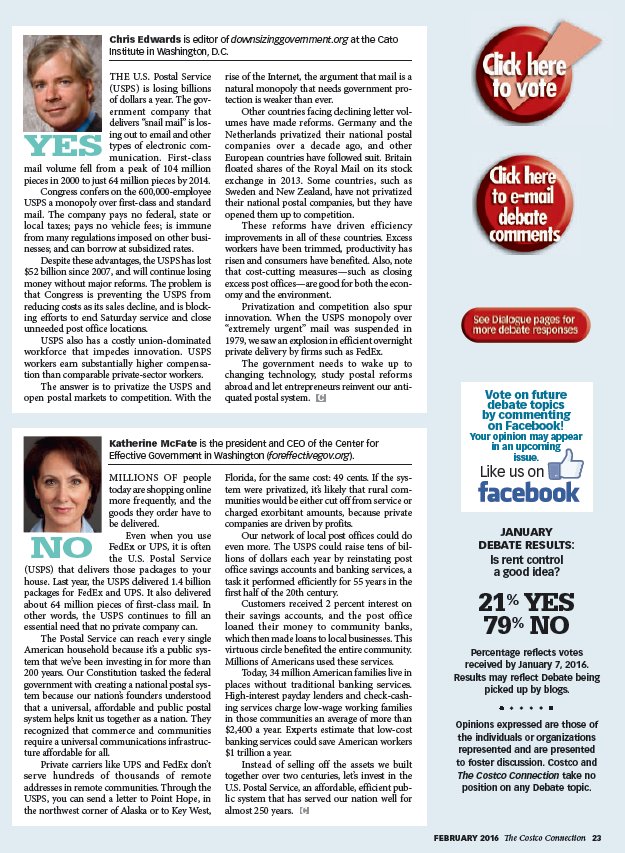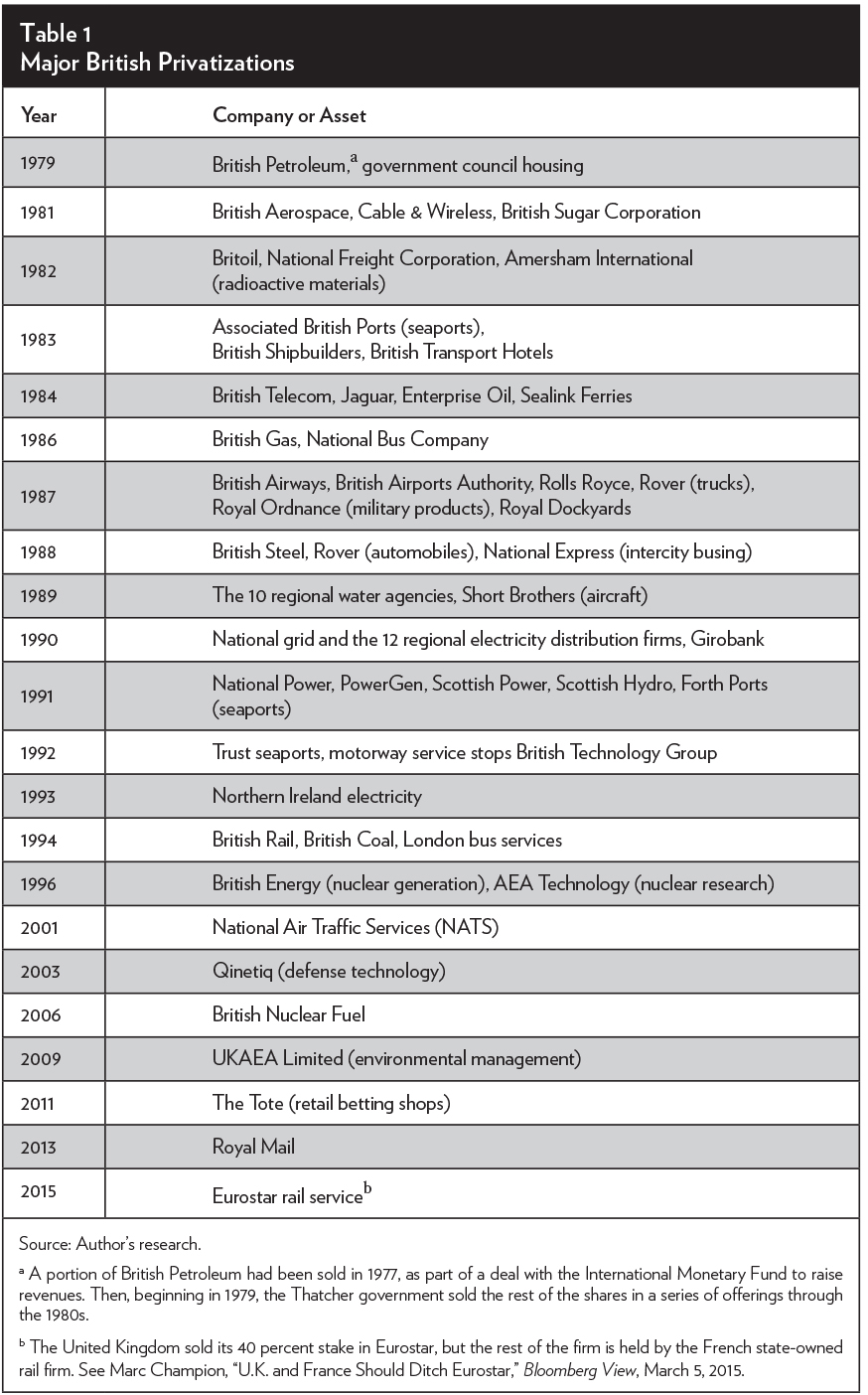USPS Advantages Congress confers on the USPS monopolies on the delivery of first‐ class mail (letters under 13 ounces) and standard mail (bulk advertising items). The agency also has a legal
Pros and Cons of Postal Services by ourpostalcode – Issuu
“Businesses, from the online retail shops to manufacturers shipping parts to customers in need, could face sharply higher shipping costs, leading to higher prices for their customers or lower

Source Image: ivypanda.com
Download Image
Using the deficit created by this requirement as an excuse, the USPS board of governors is closing distribution centers, cutting worker hours, eliminating delivery routes, and slashing jobs. Over the past five years, USPS has cut 94,000 positions. The job loss alone is a travesty, but a bigger principle is at stake.

Source Image: engineeringa2z.com
Download Image
Debate/Poll: Should the U.S. Postal Service be privatized? – 21st Century Postal Worker
First-class mail volume has shrunk by 45 percent since 2001. 3 That decline has been a blow because first-class mail is the USPS’s most profitable product. 4 The decline in mail volume has been driven by the rise of email, Facebook, Evite, Internet bill paying, and online advertising.

Source Image: enterslice.com
Download Image
Pros And Cons Of Privatizing The U.S. Postal Service
First-class mail volume has shrunk by 45 percent since 2001. 3 That decline has been a blow because first-class mail is the USPS’s most profitable product. 4 The decline in mail volume has been driven by the rise of email, Facebook, Evite, Internet bill paying, and online advertising.
Today the United States Postal Service (USPS) is the third-biggest employer in America, behind Walmart and the Defence Department. For most of the country’s history, USPS provided the arteries
A summary of Difference b/w Privatisation & Disinvestment-Enterslice
No: The USPS is a necessary public good. By Dwight Evans Critics of the U.S. Postal Service contend that it is outdated, inefficient, and consequently unnecessary. Of course, any system or institution subject to the neglect and disinvestment the USPS has seen over the last few years would grow worn and weary.
Stop USPS privatization – Fullerton Observer

Source Image: fullertonobserver.com
Download Image
CONVERSABLE ECONOMIST: The U.S. Postal Service Hits Crunch Time
No: The USPS is a necessary public good. By Dwight Evans Critics of the U.S. Postal Service contend that it is outdated, inefficient, and consequently unnecessary. Of course, any system or institution subject to the neglect and disinvestment the USPS has seen over the last few years would grow worn and weary.
Source Image: conversableeconomist.blogspot.com
Download Image
Pros and Cons of Postal Services by ourpostalcode – Issuu
USPS Advantages Congress confers on the USPS monopolies on the delivery of first‐ class mail (letters under 13 ounces) and standard mail (bulk advertising items). The agency also has a legal

Source Image: issuu.com
Download Image
Debate/Poll: Should the U.S. Postal Service be privatized? – 21st Century Postal Worker
Using the deficit created by this requirement as an excuse, the USPS board of governors is closing distribution centers, cutting worker hours, eliminating delivery routes, and slashing jobs. Over the past five years, USPS has cut 94,000 positions. The job loss alone is a travesty, but a bigger principle is at stake.

Source Image: 21cpw.com
Download Image
Privatization | Downsizing the Federal Government
The Postal Service is many things—among them, a public service; part of the nation’s critical infrastructure; a regulated monopoly; a good employer, especially for Black workers and military veterans; and a government enterprise competing with and supplying services to private companies.

Source Image: downsizinggovernment.org
Download Image
The US Postal Service Is a National Asset: Don’t Trash It – Center for Economic and Policy Research
First-class mail volume has shrunk by 45 percent since 2001. 3 That decline has been a blow because first-class mail is the USPS’s most profitable product. 4 The decline in mail volume has been driven by the rise of email, Facebook, Evite, Internet bill paying, and online advertising.

Source Image: cepr.net
Download Image
House OKs bill easing budget strains on Postal Service | AP News
Today the United States Postal Service (USPS) is the third-biggest employer in America, behind Walmart and the Defence Department. For most of the country’s history, USPS provided the arteries

Source Image: apnews.com
Download Image
CONVERSABLE ECONOMIST: The U.S. Postal Service Hits Crunch Time
House OKs bill easing budget strains on Postal Service | AP News
“Businesses, from the online retail shops to manufacturers shipping parts to customers in need, could face sharply higher shipping costs, leading to higher prices for their customers or lower
Debate/Poll: Should the U.S. Postal Service be privatized? – 21st Century Postal Worker The US Postal Service Is a National Asset: Don’t Trash It – Center for Economic and Policy Research
The Postal Service is many things—among them, a public service; part of the nation’s critical infrastructure; a regulated monopoly; a good employer, especially for Black workers and military veterans; and a government enterprise competing with and supplying services to private companies.